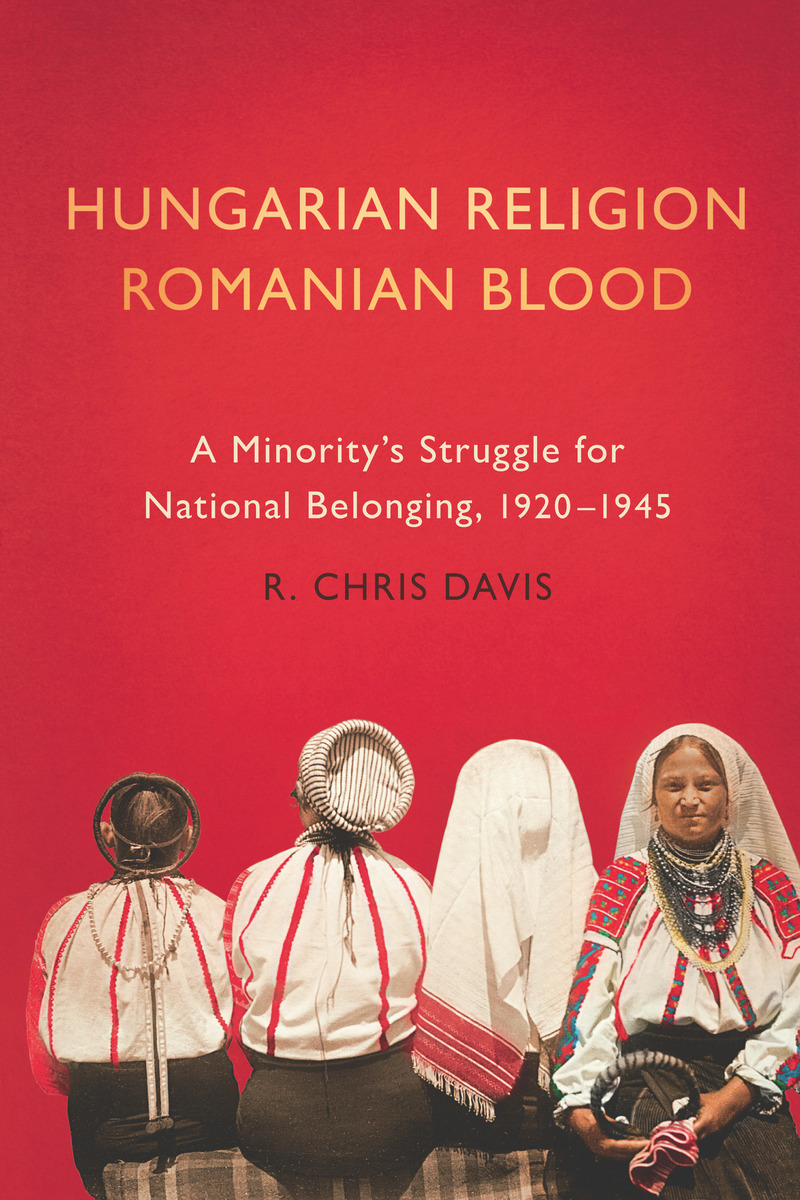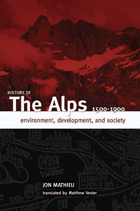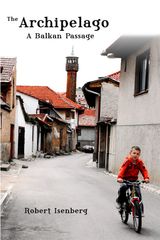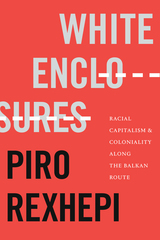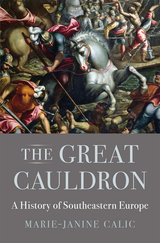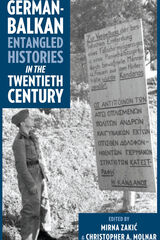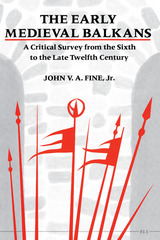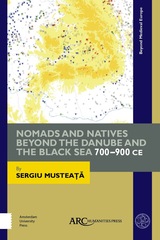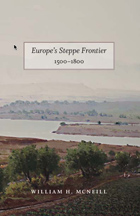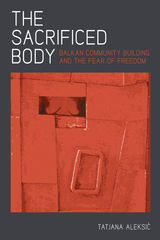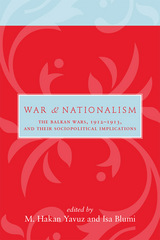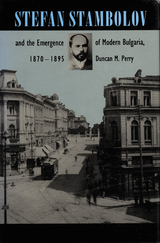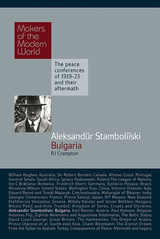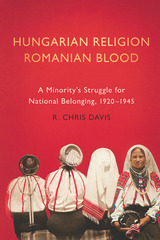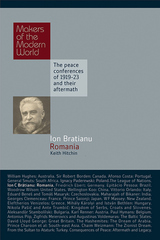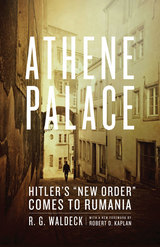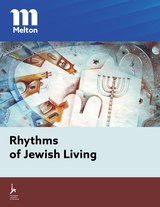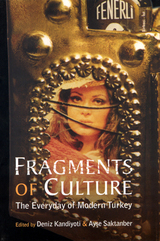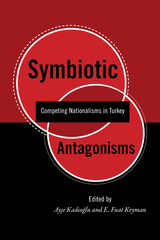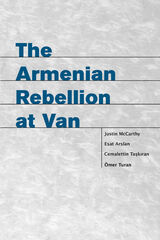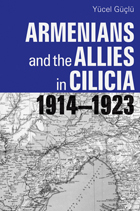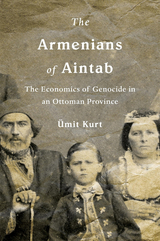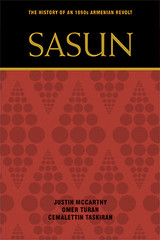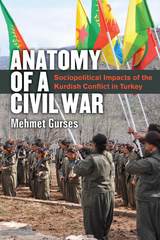Hungarian Religion, Romanian Blood: A Minority's Struggle for National Belonging, 1920–1945
University of Wisconsin Press, 2019
eISBN: 978-0-299-31643-3 | Paper: 978-0-299-31644-0 | Cloth: 978-0-299-31640-2
Library of Congress Classification DR214.C73D38 2018
Dewey Decimal Classification 305.894511047609
eISBN: 978-0-299-31643-3 | Paper: 978-0-299-31644-0 | Cloth: 978-0-299-31640-2
Library of Congress Classification DR214.C73D38 2018
Dewey Decimal Classification 305.894511047609
ABOUT THIS BOOK | AUTHOR BIOGRAPHY | REVIEWS | TOC | REQUEST ACCESSIBLE FILE
ABOUT THIS BOOK
Amid the rising nationalism and racial politics that culminated in World War II, European countries wishing to "purify" their nations often forced unwanted populations to migrate. The targeted minorities had few options, but as R. Chris Davis shows, they sometimes used creative tactics to fight back, redefining their identities to serve their own interests.
Davis's highly illuminating example is the case of the little-known Moldavian Csangos, a Hungarian- and Romanian-speaking community of Roman Catholics in eastern Romania. During World War II, some in the Romanian government wanted to expel them. The Hungarian government saw them as Hungarians and wanted to settle them on lands confiscated from other groups. Resisting deportation, the clergy of the Csangos enlisted Romania's leading racial anthropologist, collected blood samples, and rewrote a millennium of history to claim Romanian origins and national belonging—thus escaping the discrimination and violence that devastated so many of Europe's Jews, Roma, Slavs, and other minorities. In telling their story, Davis offers fresh insight to debates about ethnic allegiances, the roles of science and religion in shaping identity, and minority politics past and present.
Davis's highly illuminating example is the case of the little-known Moldavian Csangos, a Hungarian- and Romanian-speaking community of Roman Catholics in eastern Romania. During World War II, some in the Romanian government wanted to expel them. The Hungarian government saw them as Hungarians and wanted to settle them on lands confiscated from other groups. Resisting deportation, the clergy of the Csangos enlisted Romania's leading racial anthropologist, collected blood samples, and rewrote a millennium of history to claim Romanian origins and national belonging—thus escaping the discrimination and violence that devastated so many of Europe's Jews, Roma, Slavs, and other minorities. In telling their story, Davis offers fresh insight to debates about ethnic allegiances, the roles of science and religion in shaping identity, and minority politics past and present.
See other books on: Eastern | Moldavia | Moldavia (Romania) | Religion, Politics & State | Romania
See other titles from University of Wisconsin Press
